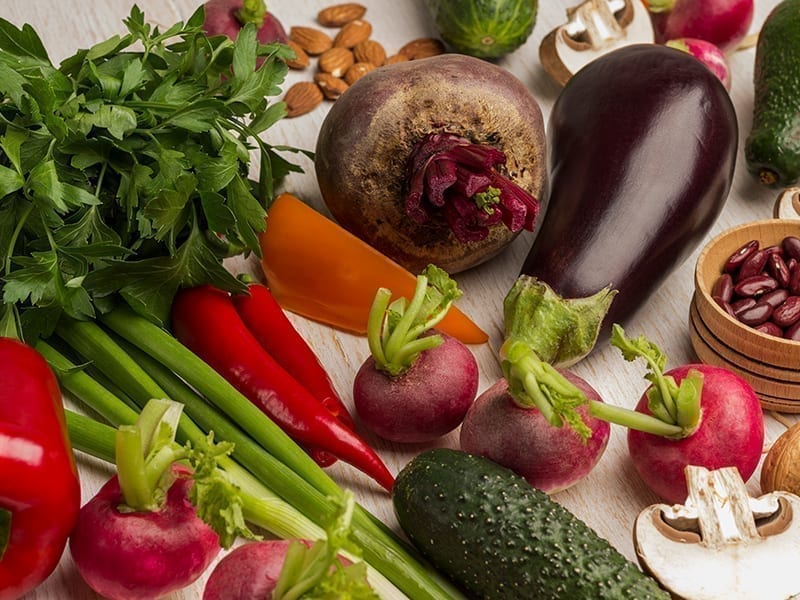Ancient wisdom is often followed in the name of tradition. However, there may be more logic to it than we appreciate. The same is true for the alkaline diet, which is based on a 100-year-old theory that the nature of our food has a direct effect on our health. The hope is that by eating certain foods or drinking certain kinds of beverages, you can change the body’s acid level, also called its pH levels. Read on to know more about what it is, how it can benefit you and how you can start practising it.
What Is An Alkaline Diet?

The principle behind the alkaline diet is that the food we eat leaves a residue (or ‘ash’) after digestion, which may be acidic or alkaline. Now, you may remember from your middle-school chemistry lessons that acids have a pH lower than 7 and are corrosive while alkalis have a pH higher than 7 and neutralise acids. The body naturally produces digestive acids and has an effective system of managing it. However, poor food habits, excessive meat consumption and eating processed foods can throw off this balance and become the reason for many digestive and lifestyle diseases.
The alkaline diet can help prevent this as it promotes the consumption of alkaline foods. These foods are cleaner, fresher, more fibrous and therefore, healthier. You also have to eliminate all processed foods, high in fat, salt and sugar, unhealthy meats and refined cereals from your meals when on this diet. So you eat healthier, more fortifying foods which have the cumulative effect of making you feel lighter and energised.
How Does It Work?
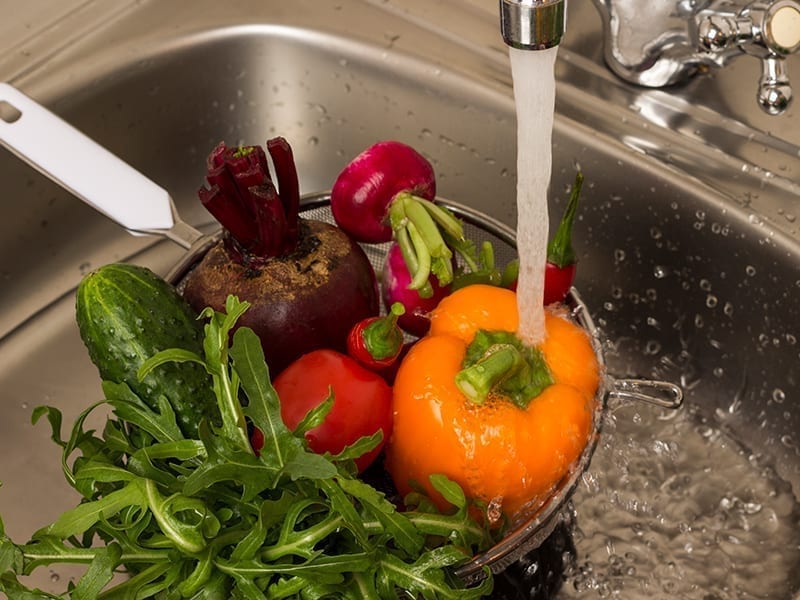
Digestion is the breaking down or ‘burning’ of food that we consume, by the digestive juices in our body. When something burns, it leaves behind ash. The theory behind the alkaline diet argues that digestion leaves behind an ‘ash’ or residue, which affects your health. This is because the foods we eat have pH values. So their metabolic residue or what is left after digestion will also have a pH. It is this residue pH which affects health. Acidic ash is harsh on your body and invites illness, whereas alkaline ash is protective and boosts health.
On this diet, you consume more alkaline foods, which do not magically alter the pH of your body but systematically encourage a healthier eating pattern. This counters the ill-effects of the modern, fast-paced diet, which is majorly based on refined foods. As a result, symptoms related to obesity and by-products of unhealthy eating habits are resolved, leading to overall better health.
Benefits Of Alkaline Diet

A diet rich in foods that leave acidic ash leads to various digestive and lifestyle diseases. These include:
- Brittle & Weak Bones: Foods with acidic residue do not have appropriate nutrients to maintain good bone health
- Renal Failure: Digestion of acidic food puts extra pressure on the kidneys which may lead to renal failure
- Acid Reflux & Bloating: Due to higher acid content, acidic foods contribute to acid reflux and formation of gas which causes bloating
- Indigestion: Acidic imbalance in the stomach due to excess consumption of processed and heavy food leads to poor digestion which in turn deteriorates health
- Joint Pain & Fatigue: Because the body does not receive enough fortifying nutrients, the muscles suffer and it leads to pain in joints and general fatigue
A lot of these ill-effects can be reduced or even eliminated by adopting an alkaline diet. Other alkaline diet benefits include visible changes to the body such as:

- Reduced Acid Reflux & Bloating: A clean, alkaline diet effectively counters the effects of excess acid in the body and as a result, reduces acidity and bloating
- Improved Digestion: Alkaline foods are lighter and easier to digest which prevents indigestion and allows better absorption of nutrients
- Weight Loss: Eating clean, fresh, and fibrous foods on this diet while eliminating processed foods will naturally lead to weight loss
- Reduction In Fatigue: On the alkaline diet, fortifying nutrients are available to the body and are absorbed better so you feel stronger and more energised
- Improved Immunity: Alkaline diet includes immunity-boosting foods, which strengthen your immune system and its response
- Better Overall Health: Better digestion, less fatigue and a healthy immunity, which are direct results of the alkaline diet, mean that you fall sick lesser and retain better health
List Of Alkaline Foods
The alkaline diet promotes a clean, fresh meal plan with lots of fruits and vegetables that get digested to leave behind alkaline residue. The regular Indian diet or ghar ka khana has various components that are perfect for an alkaline diet. These include:
1. Alkaline Vegetables
Green Vegetables
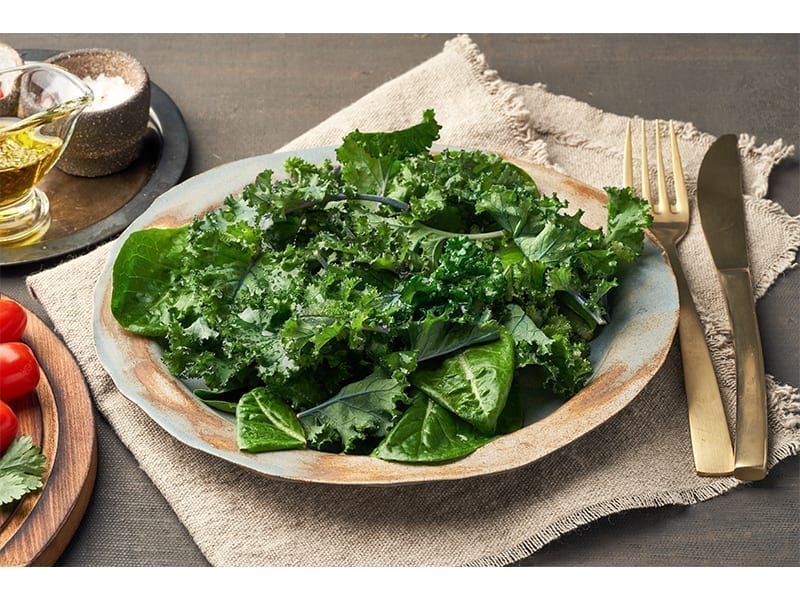
Include a variety of green, leafy vegetables in your meals. They can be spinach (palak), fenugreek leaves (methi ka saag), mustard greens (sarson ka saag), cauliflower (gobi) and broccoli. Not only are they alkaline, but they also provide fibre needed for good digestion.
Onion, Garlic & Ginger
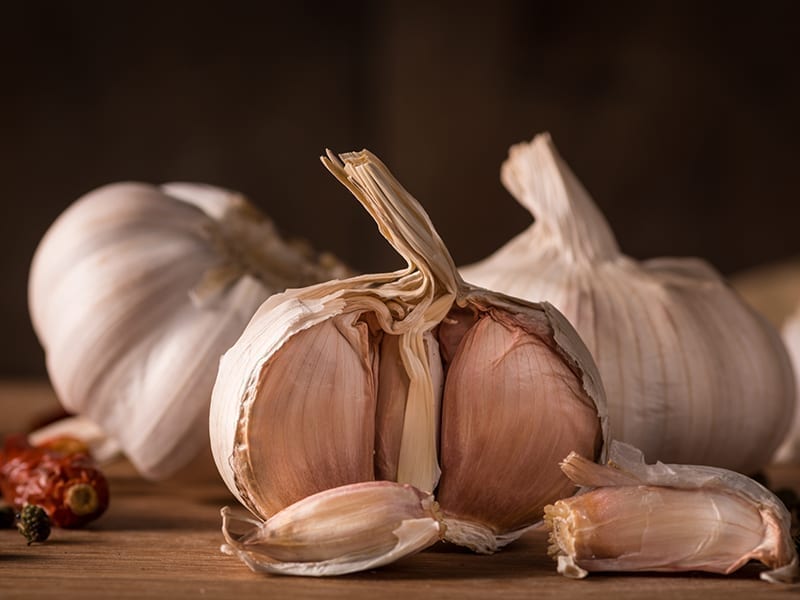
These are also highly alkaline vegetables and should be included in your daily meals.
Root Vegetables
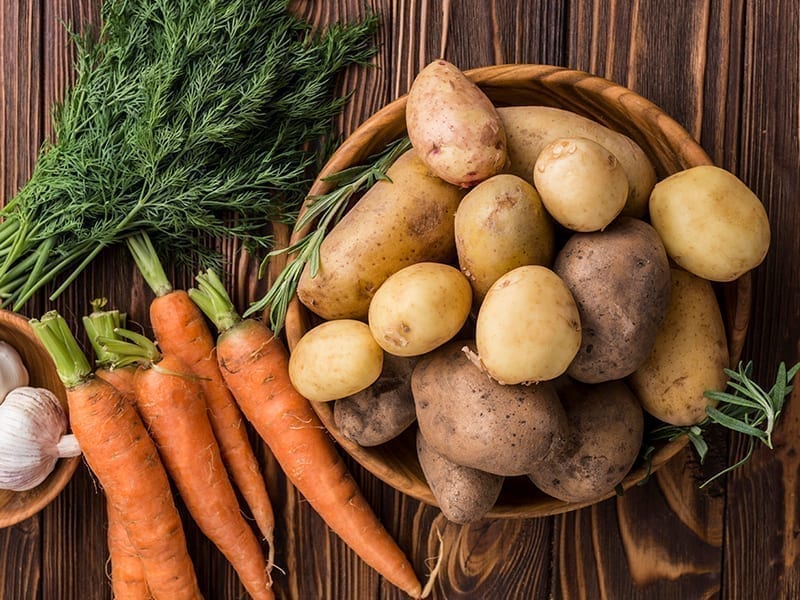
These include carrots, sweet potatoes (not potatoes), beets (chukandar) and lotus stems (kamal kakdi).
2. Alkaline Fruits
Figs

Anjeer is one of the most alkaline foods. It is best if you can get them fresh. If not, then get dried ones and consume with milk for breakfast.
Citrus Fruits
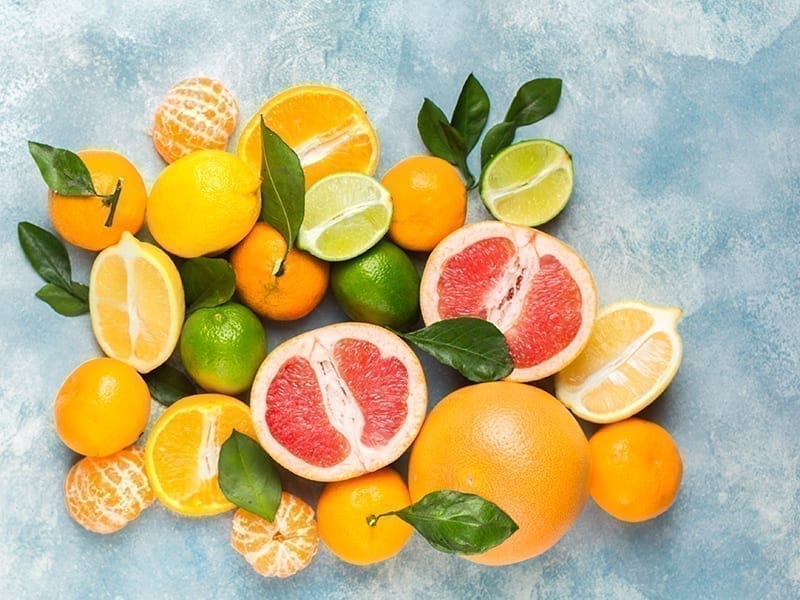
It is important to understand that just because a food has acid in it does not mean that it will have an acidic residue. This is true for citrus foods, which contain citric acid but the antioxidants present in them prevent acidity and inflammation. You can include lemons (nimbu), oranges (santra) and gooseberries (amla) in your diet to obtain this benefit.
Banana

Bananas are rich in potassium, fibre and other good nutrients that help restore bone and muscle health.
3. Sea Salt
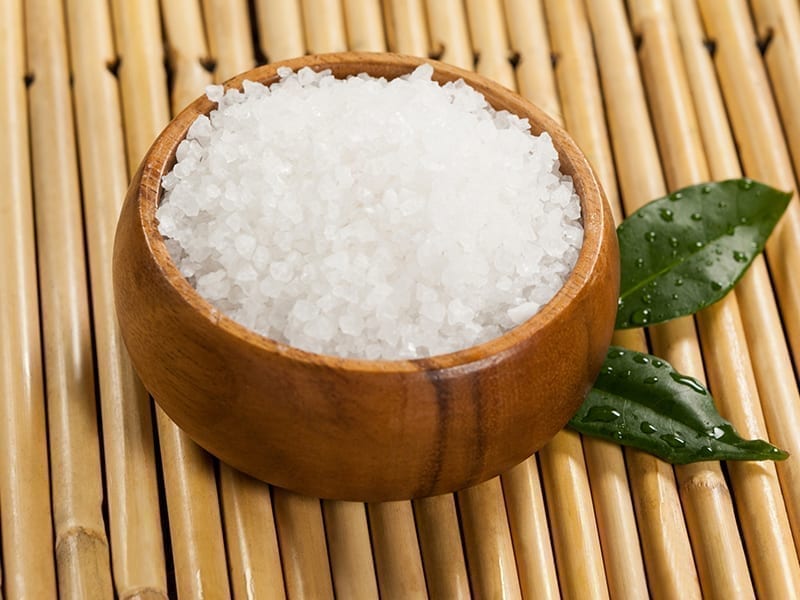
Replace your table salt with sea salt (samudree namak) as it is alkaline and richer in minerals. Plus, it does not cause any difference in flavour so it can be easily incorporated.
4. Nuts
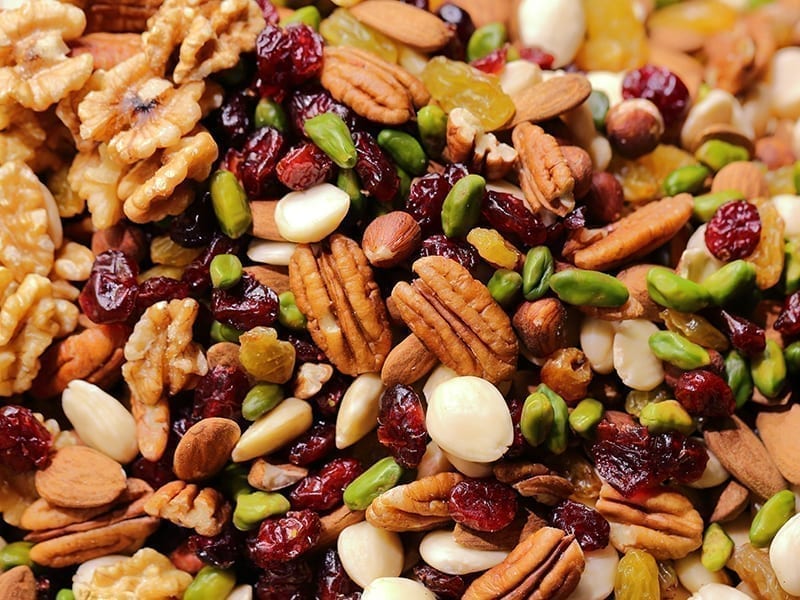
Nuts are a source of healthy fat. They also provide a boost of energy and are good for snacking. Alkaline nuts are almonds (badaam), hazelnuts (pahadi badaam) and chestnuts (singhada).
5. Sprouts

While most cereals and pulses by themselves are acidic, they become alkaline when sprouted. Therefore, sprouts are a healthy and filling option to include in your meals. They also provide vitamins and enzymes that improve digestion.
6. Cereals
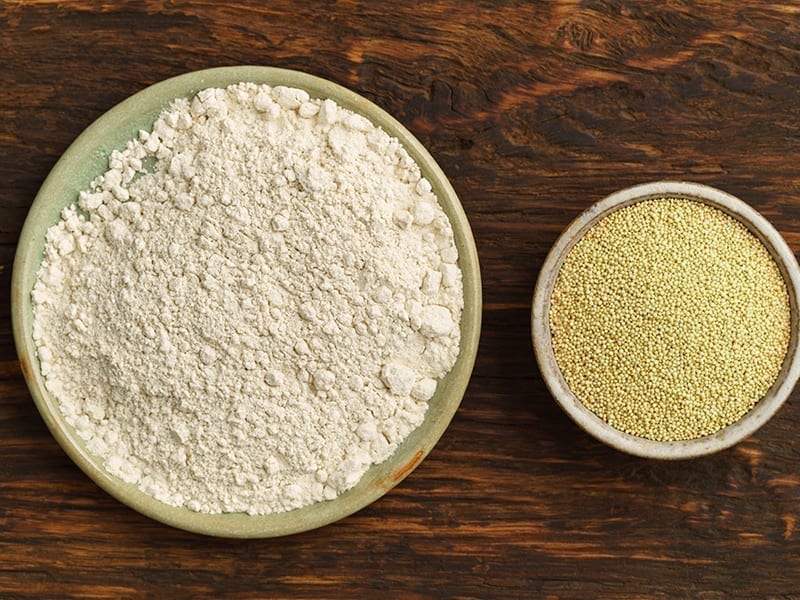
While most commonly-consumed cereals are a no-no on this diet, there are some that you can have. These include millets (bajra), quinoa (chaulai), and amaranth (rajgira). Incidentally, these cereals are also healthier and more fibrous.
7. Beverages
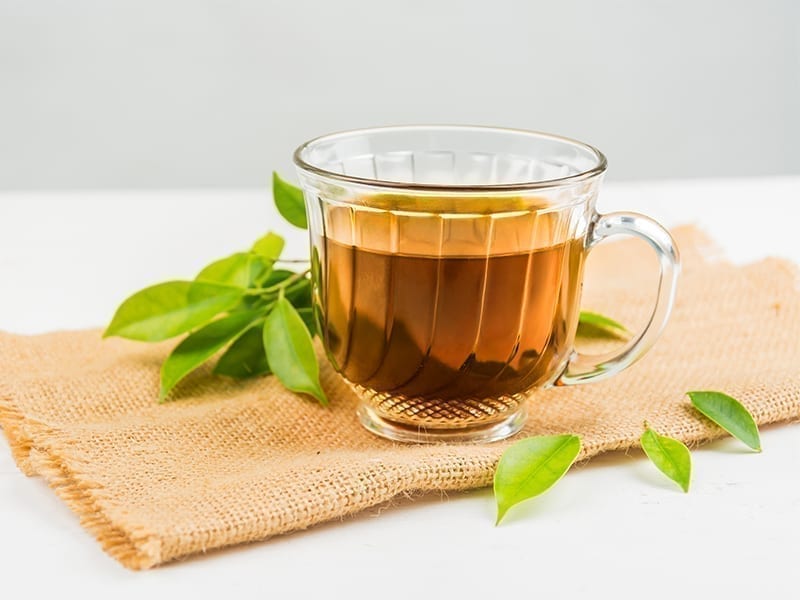
Green tea or other herbal options like chamomile (babuna) or dandelion (sinhaparnee) tea should be consumed for hot beverages. You can also have wine in moderation as it aids digestion. In fact, red wine for skin helps in fighting acne and other skincare concerns.
8. Fats

You can use butter and olive oil to cook as they have a neutral character. But their consumption should be limited.
Foods To Avoid
Now that you know which foods to include in your meals, here are those which you should reduce and try to eliminate from your diet to achieve optimum results from the alkaline diet.
1. Cereals
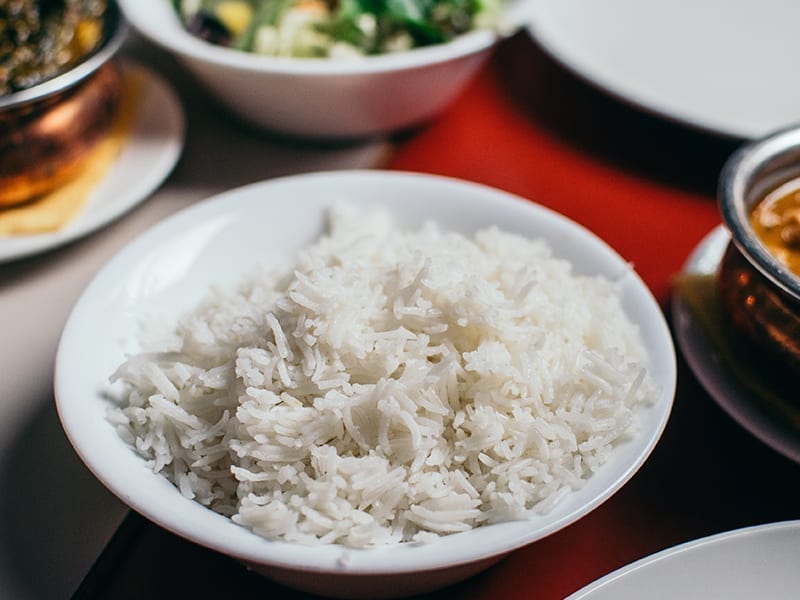
Most cereals that we commonly consume – wheat (gehu), rice (chawal), maize (makai)– are categorised as acidic and should be avoided. More so, if they are polished and refined as they lose vital nutrients in the process.
2. Meat

All meats, including fish and eggs, should be avoided.
3. Dairy

Milk, cheese, yoghurt, ice-cream and all other animal dairy products should be avoided. You can replace them with nut milk and their derivatives.
4. Peanuts

While other diets encourage snacking on peanuts as a source for healthy fat, you must avoid them on an alkaline diet as they have an acidic residue.
5. Beverages

Avoid tea or coffee as they are acidic by nature. Alcohol should be avoided as not only is it acidic, it is also dehydrating and impedes digestion. Carbonated drinks should also be avoided as they have high sugar content.
Alkaline Diet Plan
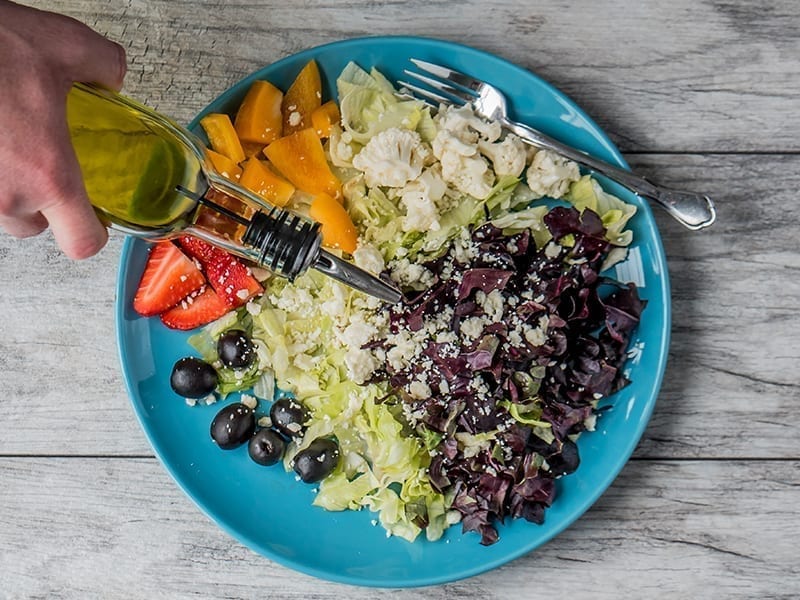
Here is a model meal plan to set you on the right track to successfully practice the alkaline diet. Use the alkaline food list as a guide to mix and match ingredients.
| Breakfast | A glass of fresh vegetable juice, like spinach, carrots or bottle gourd Sprouts, sautéed with onions, sea salt and some black pepper Banana-protein smoothie |
| Lunch | Salad with spinach, kale greens, chopped almonds, oranges and sprouts, lightly seasoned with sea salt Quinoa pulao Millet upma |
| Snacks | Light salad of seasonal fruits like mangoes, papaya and melons in the summer and oranges and grapes in the winters Roasted almonds tossed in sea salt Sweet potato (shakarkand) wedges or chips |
| Dinner | Amaranth paratha with a pickle Millet bisi bele bhat (full of fresh veggies) Millet dosa with coconut chutney |
Key Takeaways
- To identify if a food should be included in your alkaline diet, look at the nutrients:
Yes: calcium, magnesium, potassium
No: protein, phosphate, sulphur
- The ingredients need to be as fresh as possible to obtain the maximum nutrients from them. For the same reason, avoid over-cooking vegetables.
- Digestive problems and associated illnesses start when you have an excessively acidic diet. An alkaline diet will help you strike the best balance for optimum health.
FAQs – Frequently Asked Questions
Q. Can I try the alkaline diet?
A. If you are struggling with obesity, heart disease, or diabetes, you can get on the alkaline diet. Since this is a mostly plant-based diet, it is great for overall health and anyone looking to feel lighter and healthier can get on it. However, this diet does leave out some important sources of good fat and protein, which may not be the best for you. So if you feel healthy and have a holistic diet, even with foods prohibited in an alkaline diet, stick to your regular meals. If you have any underlying health conditions and are unsure, it is best to consult your doctor before getting on this diet.
Q. How can I get the best results from my alkaline diet?
A. Apart from a disciplined meal plan, incorporate the following in your life to get the best results:
- Regularly exercise to keep your body active so that it can better absorb the nutrients that you provide it.
- Prefer raw, fresh food over processed or cooked food.
- Opt for local and seasonally available fruits and vegetables.

